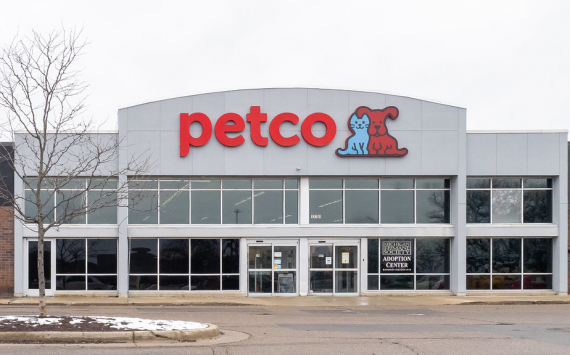
Financial Turmoil
Two years ago, Petco secured a substantial $1.7 billion loan at a seemingly reasonable 3.5% interest rate. However, today, that rate has nearly doubled to around 9%, creating financial turmoil for the pet-products retail giant. A similar predicament faces Hanesbrands as rising interest rates tighten their financial stability.
In early 2021, Petco's interest costs accounted for less than 5% of their cash flow. Now, these elevated interest payments consume nearly a quarter of their free cash flow, prompting Chairman Ronald Coughlin to prioritize debt reduction.
Petco's struggle is not unique. Many companies sought leverage through loans during the pandemic's low-rate period. These leveraged loans, used for various purposes, now face higher payments due to recent Federal Reserve rate hikes, transforming the $1.7 trillion leveraged loan market into a battleground for financial survival.
The Impending Default Threat
Fitch ratings firm warns that nearly $270 billion of leveraged loans carry weak credit profiles and are at risk of default. The situation worsened post-Fed rate hikes, with the default rate for the past 12 months standing at its highest since 2014.
Ratings Downgrades and Hope
Companies like Hanesbrands and Petco have suffered credit rating downgrades, but there is optimism in a resilient economy. Healthy consumer spending and a strong labor market offer opportunities for growth and debt repayment.
The Pivotal Risk
An economic slowdown remains the most significant risk for leveraged loans, impacting companies like Petco, already grappling with reduced demand, and Hanesbrands amidst activist-investor campaigns.
Tightening Lending Standards
Banks are becoming stricter in lending practices, making it harder for low-rated companies to refinance. Fitch predicts significant loan defaults within the next two years.
Investor Concerns Grow
Investors worry that tighter lending standards might have come too late. Years of ultra-low rates left investors hungry for yield, favoring borrowers. Recovery rates during defaults are expected to be lower due to the current loan quality.
In the words of Hussein Adatia, managing distressed corporate credit at Westwood, "The overall quality of loan documents is atrocious right now. This is 15 years in the making."








